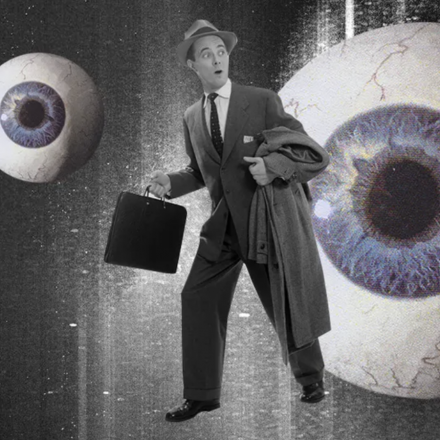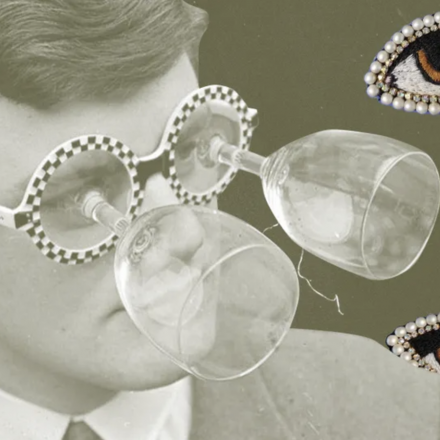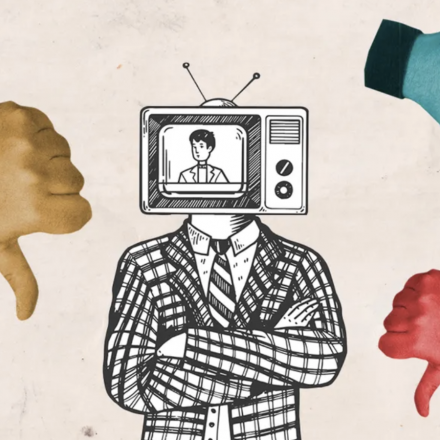The Illusion of Equality
One of the most common illusions is the belief that everyone is equal. Its roots are clear: the desire to overcome exploitation, oppression, and injustice. Initially, the idea of equality served as a balancing mechanism, but even the best things in excess can become toxic.
The Impossibility of Complete Equality
People are not equal by nature or competence. No one would ever tell Mozart, “We are equal as composers.” Comparing achievements immediately highlights differences in capability. Even a simple question like “Who’s smarter?” is often distorted by an amateur’s perception of self-worth.
The Amateur and the Expert
Another important distinction is between a specialist and an amateur. The amateur often fails to recognize the difference in skill, boundaries, and the value of experience that an expert provides. Throw money into the mix, and it gets even more complicated: the amateur assumes their needs are the priority, ignoring the real value of the service.
The Dynamics of Communication
In this interplay there are four elements: the expert’s knowledge, the amateur’s qualities, the expert’s goals, and the level of cultural awareness. Even a small mistake can result in no benefit at all—or worse. Both self-respect and respect for others determine successful interaction.
Example: Cultural Hierarchy
In Japan, hierarchy and bowing are strictly regulated. Similarly, in any society that values respect and dignity, assuming everyone is equal can lead to serious communication errors. Experienced individuals avoid these mistakes, knowing that the wrong approach can deny benefits or even cause harm.
Balance and Uniqueness
The idea of equality often misleads those who lack experience, see the world only through their desires, and have few real results. True balance is based not on desires but on functional impact. Even identical bricks are never truly equal—uniqueness matters.
Self-Respect and Respect for Others
Self-respect is recognizing the value of your unique qualities. Respect is recognizing the value of others’ uniqueness. When uniqueness is acknowledged, communication becomes effective, and dissatisfaction stops being toxic. More on this topic can be found at menscult.net.
Questions & Answers
Is dissatisfaction always harmful?
No. Dissatisfaction only becomes toxic when differences and uniqueness are ignored in communication.
Why doesn’t equality always work?
Because people are inherently different in brains, skills, experience, and cultural awareness.
How do you distinguish an expert from an amateur?
An expert possesses the experience, knowledge, and functional abilities to deliver real value, while an amateur judges everything based on personal desires.
What are self-respect and respect for others?
Self-respect is acknowledging your own value; respect is recognizing the value in others’ uniqueness. Together, they form effective and healthy communication.


















